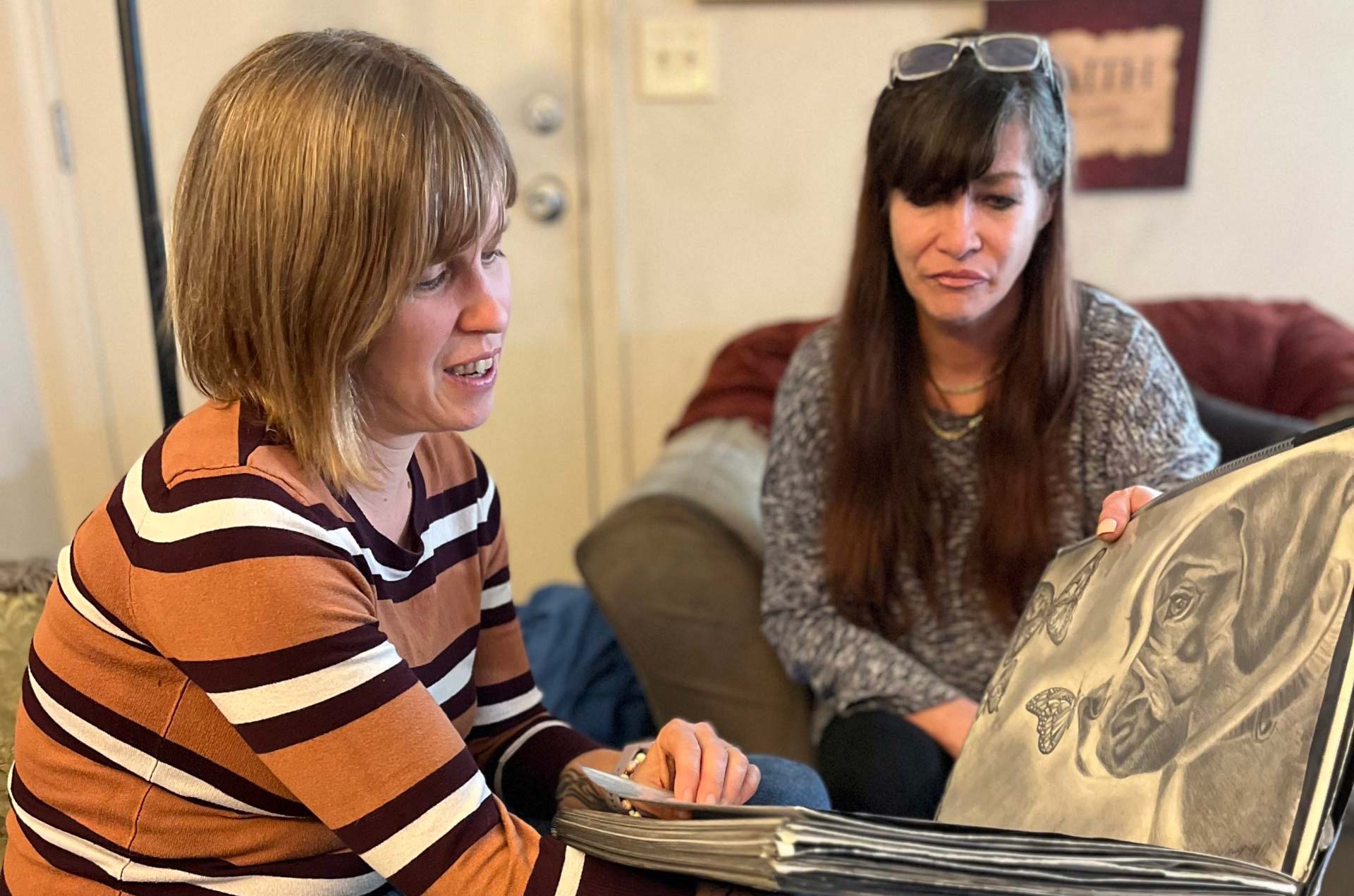
More than a Home: A Community
For someone who has experienced homelessness and mental illness, living in a supportive environment is key to their success.
Diane Hughes, Director of Supportive Services at 3Keys, says that providing safe housing is a critical first step to get people off the streets, but providing supportive services is equally important in helping them stay off the streets and achieve stability.
“We want to have low-barrier services so that when people come in the door, they can immediately start getting the help they need.”
In recent months, 3Keys has been building a more robust supportive services team to better tailor programs and services for its residents, particularly at its Welcome House property, a 209-unit development located in downtown Atlanta for very low-income single adults. Residents at Welcome House have experienced homelessness and have both mental health and substance use disorders, but their needs vary greatly.
Link: The 3Keys Annual Report
“There is such a variety of where people are with their mental health,” Diane said. “Some people are working full-time jobs so they don’t need or want as much support. But then we have people who really need more structure, more positive activities, and some even need help getting basic necessities like food.”
Diane says one initiative that’s been incredibly helpful is adding more evening activities and other social opportunities for residents to interact.
“Boredom is a huge trigger for substance abuse. Having more to do helps, and it helps residents build positive relationships with each other.”
In addition to building a more robust team, 3Keys is also looking outside of the organization for solutions that help residents maintain stability.
“We’re trying to create community partnerships,” Diane said. “Our big goal is to have more positive activities that focus on wellness and recovery.”
3Keys has been fostering relationships with other nonprofits, community organizations, and individuals to offer programs and services like yoga classes, recovery meetings, providing meals, donating necessities like food and toiletries, proving TB and HIV testing and prescription services, and much more.
“Building a community is what we’re doing so that when residents wake up, they have purposeful things to look forward to,” Diane said. “Community is something we all need.”
January 2024
